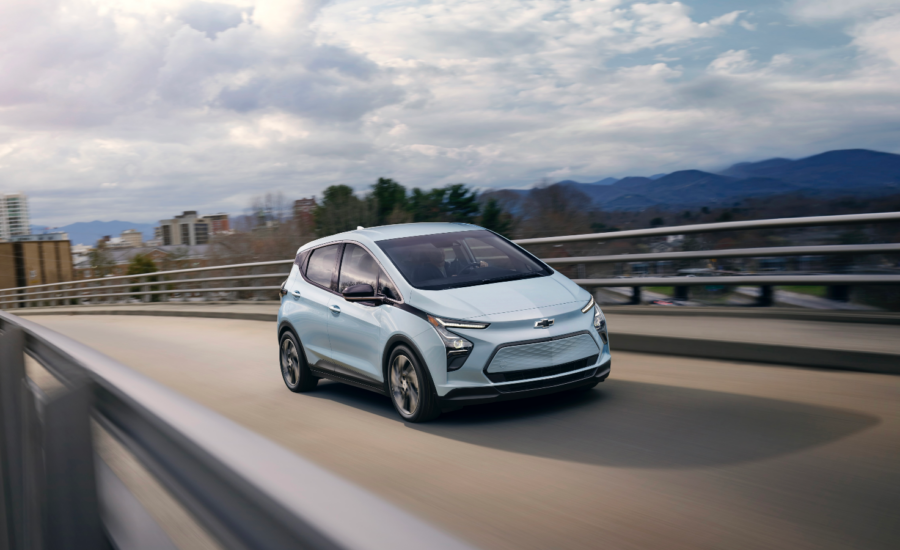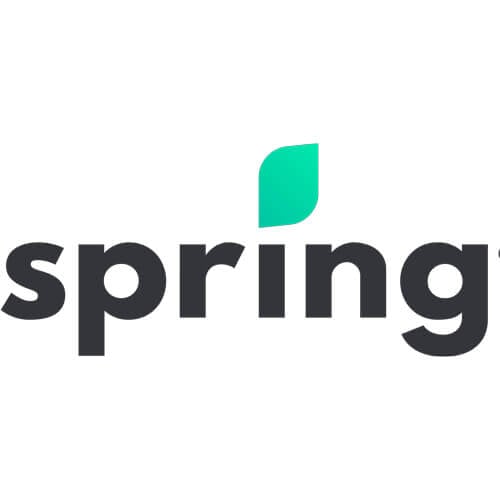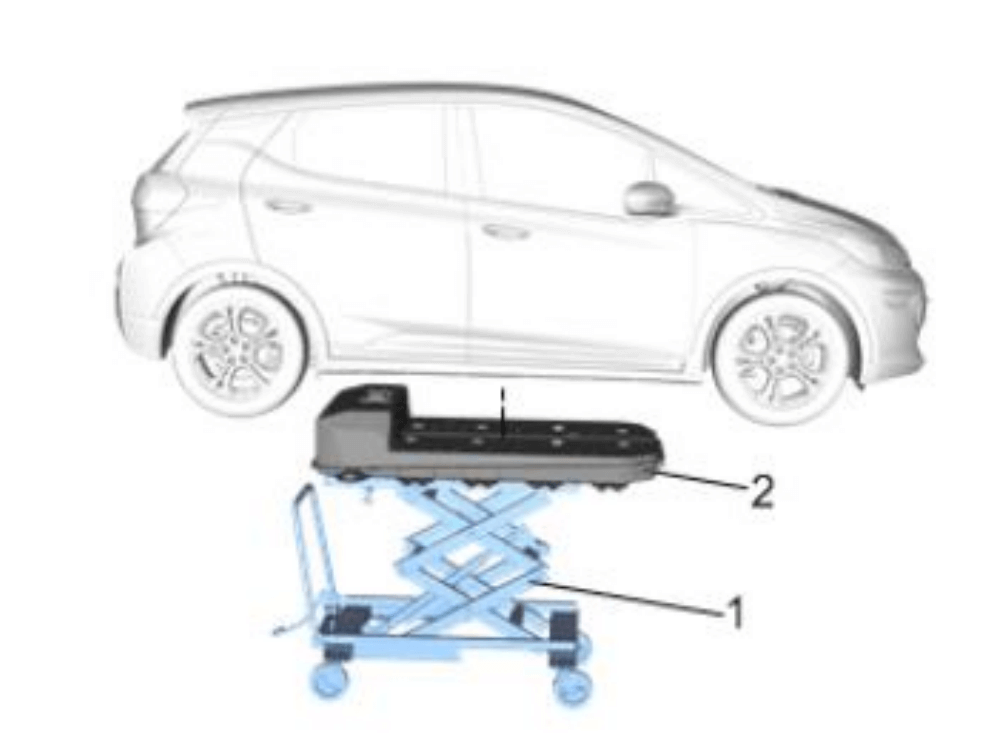Chevrolet Bolt EV battery recall: Is GM required to replace the battery?
GM replaces batteries for some Chevrolet Bolt EV owners in Canada, but not for all. What gives?
Advertisement
GM replaces batteries for some Chevrolet Bolt EV owners in Canada, but not for all. What gives?

My 2020 Bolt EV was part of the August 2021 battery recall issued by GM. I did everything GM suggested to do at the time: restricted charging to 80%, didn’t let the battery discharge too low, and parked the car outside.
I lived with the reduced range and the worry of a potential fire from a possibly faulty battery because I understood that the battery manufacturer, LG Chemical, was taking responsibility for the fault and working with GM to replace all batteries. Plus, owners would get a new full warranty of eight years or 160,000 km on the battery.
Now I understand that will not be the case. General Motors informed me that a new software update, announced in June 2023, will monitor my vehicle for another 10,000 km. If it detects nothing to be wrong with the battery module, full charging capacity will be restored and the original battery will remain—meaning, no replacement.
I am finding this entire process difficult to understand, as some 2020 and later models did have their batteries replaced.
After nearly two years of driving a vehicle with reduced battery capacity, the initial anxiety and the time spent at the dealer for updates, I get nothing from GM, and I will have to drive many more months to get the vehicle range I originally paid for back. I like the car a lot. It seems well built and is great to drive, but the GM flip-flop is disappointing. And I’m not sure I should trust this new software update.
—T.B.
There have been two battery swap recalls for the Bolt. The first covers 2017 to 2019 models, and the second covers 2020 to 2022 models. Recently, General Motors (GM) appears to have superseded the second recall covering 2020 to 2022 model Bolts with a less invasive correction.
Here’s the original undertaking, posted on the Transport Canada website:
General Motors will notify owners by mail and replace defective battery modules.
Here’s the revised recall repair:
General Motors will notify owners by mail and advise you to take your vehicle to a dealership to install an advanced diagnostic software that will monitor the high-voltage battery and warn you if it detects a problem. If you see this warning, you should contact a dealership to arrange replacement of the affected high-voltage battery module.
For more info, visit the Chevrolet website.
GM’s updated vehicle software update will permit the car to monitor itself over the next 10,000 kilometres. If the batteries are deemed “healthy,” your Bolt is free and clear under the recall. The software will automatically restore full charging capability without necessitating a visit to a dealership. If not, the battery module (the pack that includes all the individual little batteries) will have to be replaced by GM.
In under 60 seconds, get matched with a personalized list of loan providers based on your needs and approval likelihood. No SIN required.
It’s likely that only a small percentage of the battery modules from those years poses a risk of fire. The diagnostic software upgrade will avoid the enormous waste involved in replacing good battery packs and reduce the demand for critical electrical vehicle (EV) battery metals, which are in short supply worldwide.

Apply for a personal loan with a 8.99% to 29.49% APR. Plus, 100% online application and no early repayment fees.

Apply for a personal loan with a 9.99% to 35.00% APR. Plus, fast e-transfers and no hit to your credit score when you apply.

Apply for a personal loan with a 19.90% to 34.90% APR. Plus, fast funding (as soon as the same business day). Not available in Quebec, PEI, Manitoba, Newfoundland and Labrador, Northwest Territories, Nunavut and Yukon.
The new software-based solution is likely an effective fix. Generally speaking, vehicle manufacturers have been more sensitive to fires in their EVs than in gasoline vehicles, because they want to ensure a smooth uptake of this new technology. GM implemented much better internal controls for identifying and correcting safety defects after a 2010 ignition key recall that was responsible for 124 or more deaths. GM’s field reporting, recall compliance, engineering and finance departments were all upgraded to find and fix safety defects more proactively. And, according to published reports, most of the financial cost of this recall is being covered by LG Chem—the battery maker. So, GM likely is not the primary beneficiary of the cost savings.
In June 2023, GM took the warranty extension off the table for Bolt owners receiving the software fix. As the owner of a 2020 Bolt, you will not receive the additional warranty coverage offered to the owners who got replacement battery packs, which was accompanied by a “reset” of the original 8-year/160,000-kilometre warranty. And you still won’t have a final answer about the health of your vehicle’s batteries, nor full charging capability, for another 10,000 kilometres. For a low-mileage Bolt driver, that could amount to another year of waiting for a definitive outcome.
Even if the original batteries on your Bolt are aging normally, degradation in the range of 3% to 4% annually is considered normal. So, the batteries on your Bolt are likely a little degraded compared to a Bolt that received a new module.

One complainant to the Automobile Protection Association (APA) inquired about replacing their Chevy Bolt batteries at their own expense and claiming a reimbursement from GM. At $28,000 plus installation for a replacement battery module, this solution does not appear to be realistic. A better option would be to find a source that provides additional warranty coverage equivalent to what GM reneged on and ask the automaker to refund the cost of acquiring it. So far, the APA is not aware of any mechanical insurance provider for vehicles that offers that sort of coverage on a battery module.
There’s not much you can do about the revised Bolt recall, unfortunately. The APA recently requested that General Motors do the following two things:
For more info on this, visit apa.ca.
GM could take a page from Hyundai Canada’s playbook. Hyundai devised a clever solution for a similar battery replacement recall for the Kona EV. It offered owners $5 a day for every day their Kona EV had to be parked outdoors while waiting for replacement batteries. Complaints to the APA evaporated after the program was announced. Kona EV owners were strangely no longer in a hurry to be first in line for replacement battery packs! From the perspective of many Kona owners, $150 a month was good enough to cover the inconvenience.
George Iny is the Executive Director of the Automobile Protection Association (APA), a consumer advocacy association with offices in Toronto and Montreal.
Share this article Share on Facebook Share on Twitter Share on Linkedin Share on Reddit Share on Email
I am a US citizen and a unhappy 2020 Chevy Bolt owner. I am glad to see the APA is fighting for the 2020 – 2022 Canadian Bolt owners who didn’t get a new battery. We don’t have anyone doing that for us in the US. Many seem to forget that LG committed $1.9 Billion to help mitigate the cost of the recall. It seems like there should be plenty of money available to complete the recall or provide compensation in the form of an extended warranty to those who did not get a battery. How GM can treat two owners of the same vehicle very differently is beyond me.
in 12/19 I purchased my 2020 Bolt new, I had the procedure to restrict the charge to 80% but don’t know how many miles that is? My maximum charge is now 215. Is this now overcharging? I don’t know the date I had the80% charge restriction done and the date is required for my CBEV Claim.
How do I get the date? The Service Dept. where it was done is not helpful.